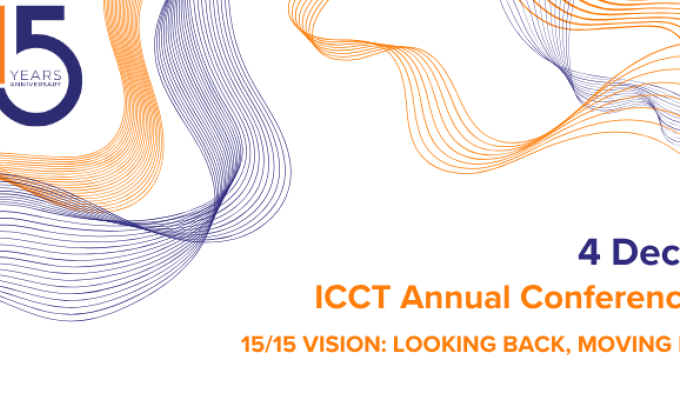Boko Haram remains a major security challenge for Nigeria and its Lake Chad basin neighbours, and the conflict in the north east has triggered a tragic humanitarian crisis affecting more than seven million people in the region. The EU has commendably increased its humanitarian support to the affected population, but wisely refrained from becoming too involved in the direct counter-terrorism response. Although Boko Haram has links to the Islamic State and other extremist groups in Africa, the main drivers of its insurgency are internal and should be addressed by the country’s federal and state-level governments. These drivers include: governance failures in the North East in particular, and Nigeria in general; a poorly coordinated, mainly military, response; multiple security challenges that stretch the army to the breaking point; and elite unwillingness to address the unsustainable status quo. This policy brief argues that the EU could do more to address these drivers, but notes that it only has limited influence. In this context, the paper provides some recommendations to the EU on how it can help Nigeria more effectively address the Boko Haram insurgency.
Back to publications
Policy Brief
10 Oct 2018






